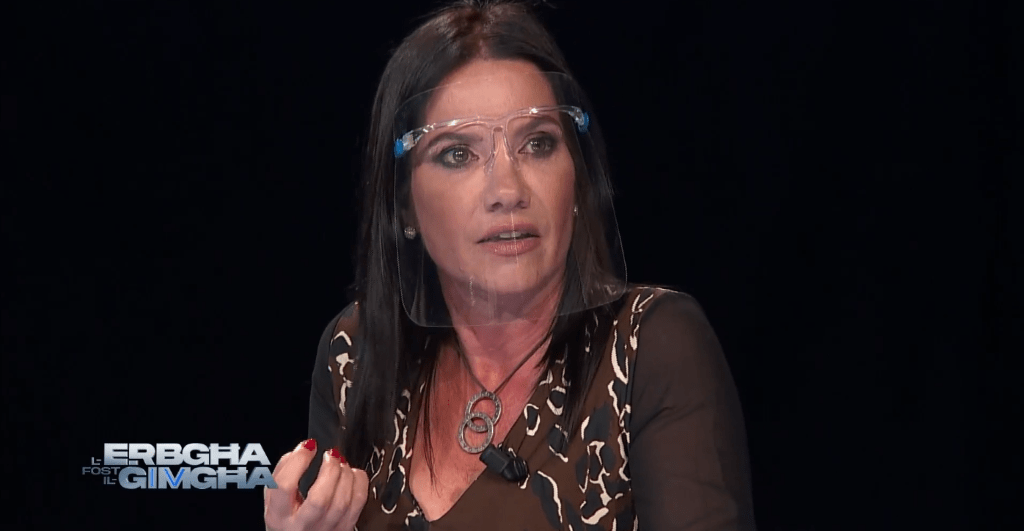
During a debate on L-Erbgħa Fost il-Ġimgħa this week, lawyer Nicki Vella De Fremaux dubbed gender quotas as “insulting” to women, throwing the political solution under fire.
To be precise, she stated: “I wouldn’t want anybody to give me a parliamentary seat or any other job just because I’m a woman, because I’d find it insulting to just fill up a quota.”
Ironically, De Fremaux’s comments come within the same month that a 19-year old was found to be occupying a seat in FinanceMalta’s Board of Governors. This 19-year old, who has not yet graduated from university, is occupying a crucial position that would usually require years of experience.
Any guesses on what gender this person identifies with?
That’s right: a cisgender, white man.
Of course, this is not an isolated incident. Ultimately, De Fremaux seems to ignore the idea that men have historically been getting positions that are fundamentally based on their privilege as a man; and does not seem to find that insulting whatsoever.
To take things further, she adds: “MPs should represent the rights and interests of the people, and not be any old person who the people don’t trust and is only there to satisfy a quota.”
Right on! MPs should represent the rights and interests of the people, which is why it is unfathomable that women constitute such a minority as MPs, seeing as they make up 50% of the population. The insurmountable lack of representation needs to be tackled in a way that brings immediate change, there is no more time to waste in the Dark Ages.
While, in an ideal world, one could understand the sentiment, this is not an ideal world. To begin with, ‘equity’ is not synonymous with ‘the same’; nobody is saying that men and women do not have differences. However, equity means that such differences should not denote varying levels of accessibility and opportunity. Thus, while people may differ, certain structures must be in place to ensure equal opportunity, regardless of gender. In order to bridge this gap after years of negligence, positive measures offer a fast-tracked path to representation.
Quotas are a ripple in a much vaster sea. We do not need quotas for women to get a free pass into important positions because they can’t do it on their own merit: actually, it’s quite the opposite. Due to the systemic misogyny that runs rampant in our institutions, gender quotas allow qualified women to gain the positions they deserve.
This comes as a result of said qualified women being overlooked, and equally qualified (sometimes less qualified) men obtaining the position. Why this occurs is a loaded question, however, the short version is that patriarchal values (deriving from a historically patriarchal society) remain highly prevalent to this day, and masculinist norms remain overtly favoured (whether consciously or unconsciously).
This is not to say that all men seek to oppress, nor that men are the only culprits: after all, many women continue to perpetuate misogynistic ideologies, and there are also instances of men themselves combating such ideologies. Despite this, the society that contains us all is still one that gives men certain privileges that are unavailable to women.
While changes have been made over the last few decades in order to tackle this, it is nowhere near enough to make up for centuries of oppression and othering. In just 2019, Malta was found to have the third-lowest percentage of female representatives in Parliament (other harrowing statistics can be found here). If we are to witness true change in our lifetime, forcing positive measures is the only way forward to deconstruct what has long been a men’s club.
Gender quotas are certainly not the be-all and end-all solution, but a temporary fix to a colossal monstrosity that is simply too great to overcome within our lifespan. Positive measures get the ball rolling in a chapter of history that is frantically attempting to recover from widespread patriarchal damage. When or if the systemic oppression enforced on women is reversed and true equity between genders is achieved, then quotas will simply be a distant memory that we’d all hope to forget.
However, as previously stated, this is not the case, and we must work with what we have to ensure that women take up decision-making positions in order to account for the experience of at least half the population. Nobody wants gender quotas, but they are a necessary evil that constitute an essential tool for achieving equity.
What is your opinion on gender quotas? Share your thoughts with us…contact us or send us an email at [email protected]

Emily Galea is a writer and feminist activist in Malta. She is the Vice-President of Young Progressive Beings, Project Co-lead of the Dear Decision Makers campaign, and MA student in Gender, Society & Culture at the University of Malta.





